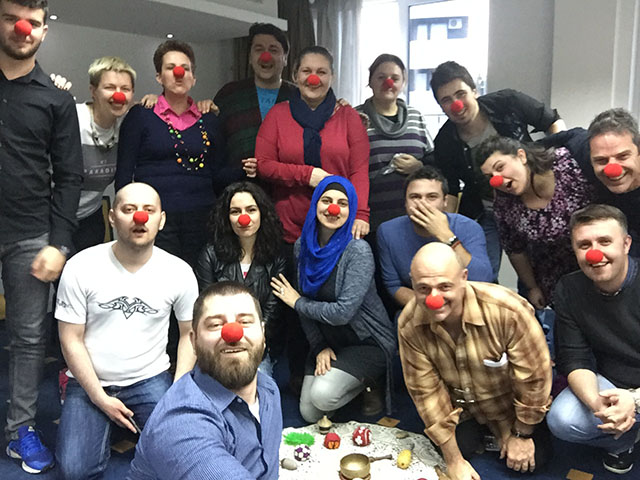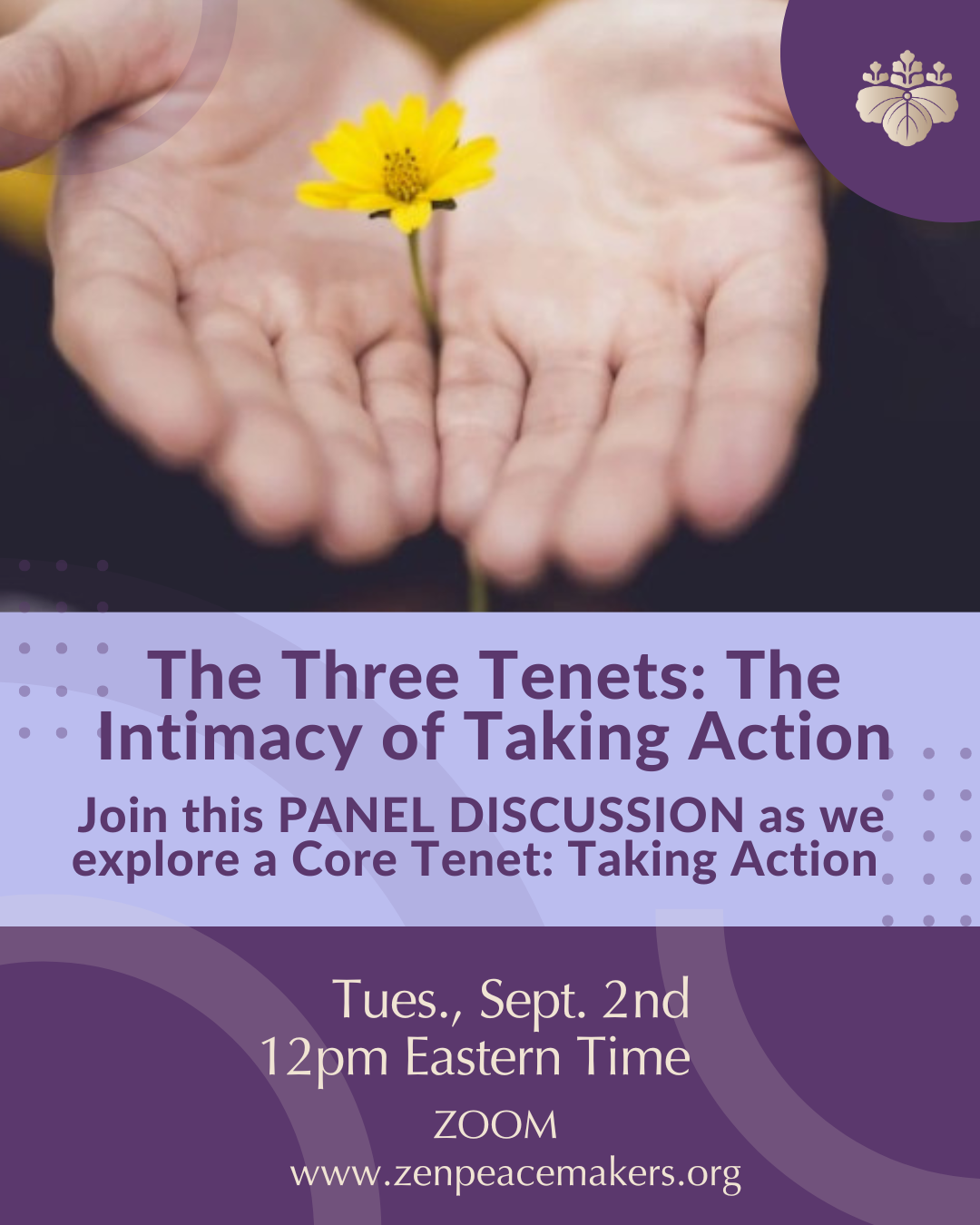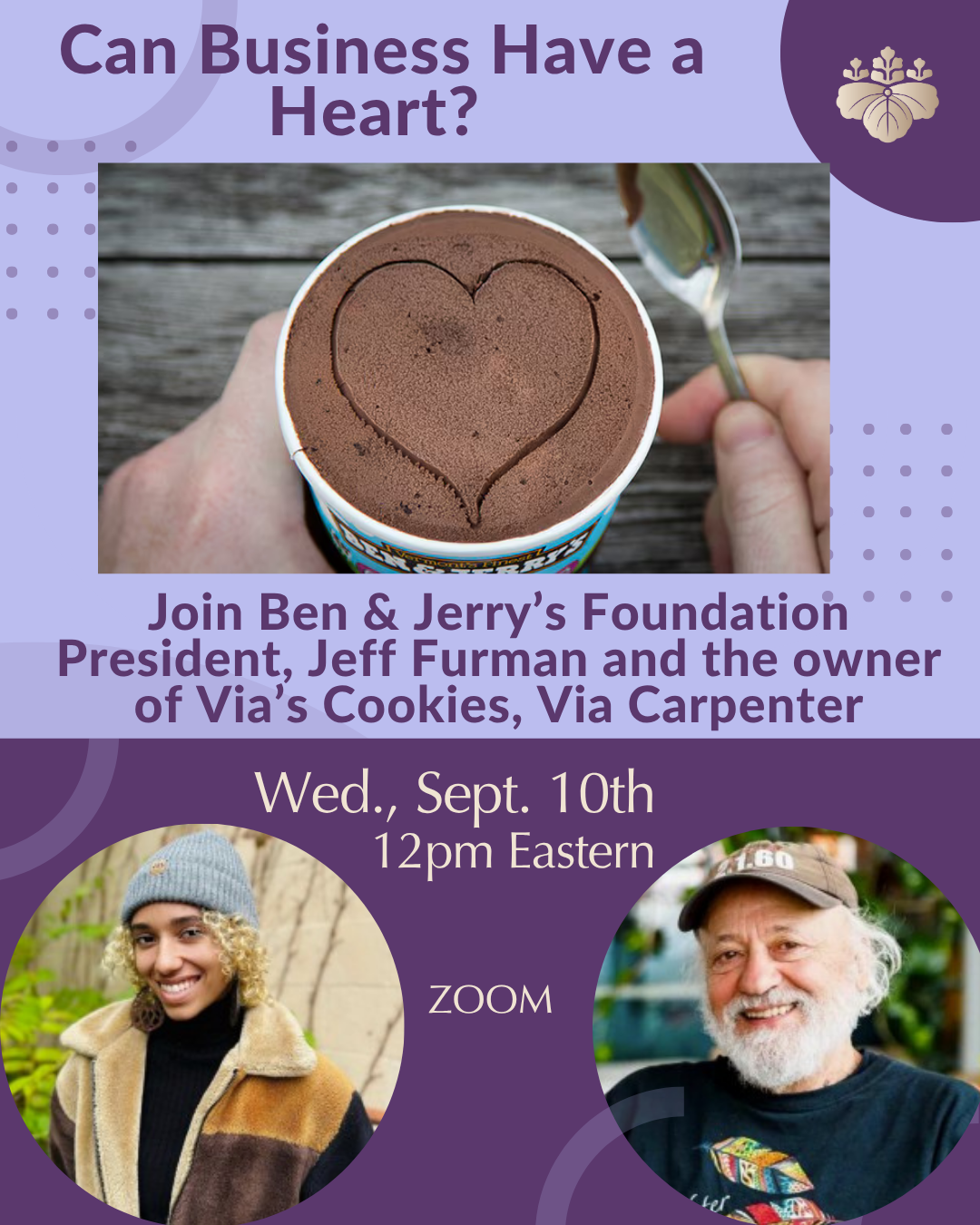Council is a modern practice derived from many ancient forms of coming together and communicating in a circle. The practice of deep listening without judgment fosters an atmosphere of respect for one’s self and for others and promotes empathy, dissolving barriers to cooperation, understanding, and community. Because of it’s ability to dissolve barriers, Council is a staple practice in Zen Peacemakers Bearing Witness retreats.
The following report on the Zen Peacemakers peace-building efforts in Bosnia-Herzegovina is a glimpse into the ongoing development of our Bearing Witness program that includes Auschwitz/Birkenau in Poland, The Black Hills in Turtle Island/South Dakota USA, Bosnia-Herzegovina and elsewhere. These are funded by donations and income from previous retreats. They are planned, staffed and participated in by many of our Zen Peacemakers International members, who are actively pursuing social action causes around the world in ecology, human rights, refugee relief, hunger, homelessness, hospice, veteran support, prison outreach and others.
By Jared Seide, Zen Peacemaker and director of Center for Council
Three participants in last year’s Zen Peacemakers Bearing Witness Retreat to Auschwitz had come from Bosnia and Herzegovina (BiH). They arrived in Poland with some trepidation about just what the plunge would be like. They left shaken and pretty raw. When Jozo and I met them this month in Sarajevo, they were eager and energized. “I’ve missed you guys so much,” Boris said, “and, seeing you here, I’m starting to realize what the trip to Auschwitz was really about and why I’ve been feeling so unsettled these past months.”
Turning toward suffering can take many forms. As a practice, it can seem counterintuitive and, to be wholesome, it demands skillful means, deep fortitude and compassion. The suffering of the Bosnian people is deep and profound and the events of twenty years ago are still tender and uncomfortable. Even now, excruciating memories are triggered by certain sites, uncorked stories, even turns of phrase. Despite the notorious “Bosnian humor,” an off-color and surprising proclivity for diffusing tension with dark jokes, there seems to be a longing for a real encounter with our common experience of suffering. So much there has gone unaddressed, unrestored, unmet… and a deep and embodied experience of coming together to grieve, release, celebrate feels emergent.
Or so we imagined, as we designed a 4-day Council Training with an assortment of peaceworkers engaged in the complex and challenging work of rebuilding. The Zen Peacemakers Order is deeply committed to building relationships and bearing witness in BiH. Last year, the ZP team visited BiH with Vahidin Omanovic and Mevludin Rahmanovic, two Imams who have created the Center for Peacebuilding (CIM), based in Saski Most, BiH. Their inspiring work is devoted to fostering reconciliation between Bosniaks, Serbs and Croats. As their website states: “The legacy of violence, particularly the heavy toll it took on civilians, informs the present climate of distrust. Bosnia’s social fabric which, previously embraced diversity and multiculturalism, must be rebuilt by individuals and their respective communities. CIM’s mission is to empower people to work through their trauma and transform the society’s conflict.”
The Zen Peacemakers administration decided to postpone the Bearing Witness retreat there to 2017, and to focus on deepening relationships and building capacity. One offering was to help CIM train a cohort of its members in the practice of council. The thought was that council could be a useful tool for CIM’s work throughout the region, as well as a way to equip a local team to co-lead council circles throughout the Bearing Witness Retreat next year. Both Mevludin and Vahidin had experienced council in Auschwitz but, like Boris, they were curious about its relevance and applicability to a culture that had created, and was recovering from, historic unrest.

As with Rwanda, I was moved and honored to accept the charge of dropping into the field and introducing the practice, in partnership with a group of folks who had lived through genocide and were committed to healing their country and its diverse communities. As with Rwanda, I set forth with a strong intention to share this practice of council, tempered by awareness of my profound ignorance of the culture, conditions, relationships and language. I was blessed with an extraordinary partner in Jozo Novak, who has been studying council for several years and had grown up in the region, immersed in the culture and speaking the language. Jozo has navigated a profound relationship with BiH and has looked deeply at the impact it has had on him and his peers. His ability to translate, both the language and the culture, was invaluable.
And so it was our intention to enter humbly and listen deeply and to invite our friends there to try on the practice of council and experience how it might engage them, and they it. I began the workshop with a bit of a gimmick, admittedly – partially to diffuse some of the tension of expectations and the onus of being an “outside expert.” Before the group arrived, we assembled chairs in rows, placed a podium at the front of the room and began the workshop in the style to which so many had become accustomed, what the participants called “frontal learning.” After a few minutes of presentation, I asked the group to pause and say what they were noticing, what their expectations were, how they were experiencing their body/mind/heart/spirit as a result of this format. And then we shifted the furniture.
Working in a circle is, of course, a common practice for reconciliation work, but the careful and subtle awareness of what it feels like to be seen, included, “on-the-same-level,” open and connected would be revisited throughout our days together, taking on greater depth and subtlety. The councils that followed and the teaching about the essential elements of this practice reinforced the power of creating a container for deep presence, offering an invitation to let go of our expectations and judgments and to celebrate the opening of our hearts. As the stories came, the participants began to let down their guard and shed armor they were mostly unaware of. They began to see the impact of engaging our narrative as a generative act that leads to healing. And they articulated the emergent awareness that intimacy with our personal suffering is the key to being effective working with the suffering of our communities.

In addition to experiencing the variety of modalities of council, we talked about neuroplasticity and meditation, attention and self-regulation. I shared some metta practices and the brilliant work that Roshi Joan Halifax is doing around teaching compassion; her GRACE model is powerful and easy to practice. We talked about the “field,” inside and outside the circle, and liminality. We spent a great deal of time on identity; aspects of ourselves we present and those we hide and how that impacts relationships (as well as the work of council). And we played with forms of witnessing each other and the awareness of things waking up in us. It was powerful to hear Rumi’s poetry recited by an Imam: “Beyond right-doing and wrong-doing, there is a field; I will meet you there.”
The feeling of elation and inspiration by the last day was palpable. But the participant who, Jozo and I agreed, put up the most resistance throughout the first day described an extraordinary journey through this work, perhaps more dramatic than the others. She spent an hour in the bar after day one, expressing her confusion and frustration and had to be convinced by Vahidin to come back the next day. She was frustrated to not see the methodology laid out clearly, to be asked to experience a series of weird sensations that were uncomfortable and to be groping for a tool that didn’t seem to make sense.
She went home that night, she later explained, and spent two hours relating her day to her husband. She talked about the unusual, puzzling sensations and this new approach that was really unaligned with the expectation she had of learning about a new technique. Something was stirring in her that was new, peculiar, but it had her attention.
Day two began to open the floodgates for her. She had hardened herself to her pain and closed off the part of her that could engage both her own story and her empathy for others. As her trust grew, her resistance abated; the council circle was encouraging her to soften, to move the energy, to turn toward the suffering. That night, apparently, the debrief with her husband went on for three hours, until her husband asked her to stop talking. And her take-away at the end of our time together was a sensation that she explained to us all was like nothing she had ever experienced: a lifting of a huge weight from her shoulders and cracking of a hard shell that left her feeling joy and deep love for the group that had listened so deeply and heartfully that she was able to “come back to myself.”
The day after the workshop she posted online that she missed us all dearly and that she’d spent all morning explaining the “amazing 4 days” to her NGO coworkers and had convinced them all to come to a council circle she would facilitate for them shortly. Three other participants related stories of initiating council circles with peers and family.

In the end, I was left with immense gratitude. The commitment of ZP to foster this work in Bosnia and Herzegovina, the openness and embrace of the kind and caring Imams who run CIM, the passion and hard work of Roshi Frank de Waele of Gent Zen Sangha to organize and raise funds, the tender and powerful support Jozo brought to the circle… And what a blessing to experience the amazing and inspiring courage, rigor and resilience of this group of change-makers, living the healing that comes from a great intimacy with suffering and a devotion to opening the heart to serve themselves, each other and the healing of their community.
I am so excited to see how this work and this group continues to deepen. I hope you all will have a chance to bear witness with them in circle next year.
Read more testimonials by the Council training participants here
Jared Seide is the Director of Center for Council. He has designed, piloted and coordinated Council-based programs in prisons, assisted living facilities, youth groups and a variety of non-profit and faith-based organizations and social service agencies. He is a member of the Zen Center of Los Angeles and a sixth cohort graduate of the Chaplaincy Program of Upaya Institute, under the direction of Roshi Joan Halifax.




3 Responses
Powerful work thanks for sharing Jared,this country has a lot in common with Rwanda.
I be alive council heals keep the good work going.